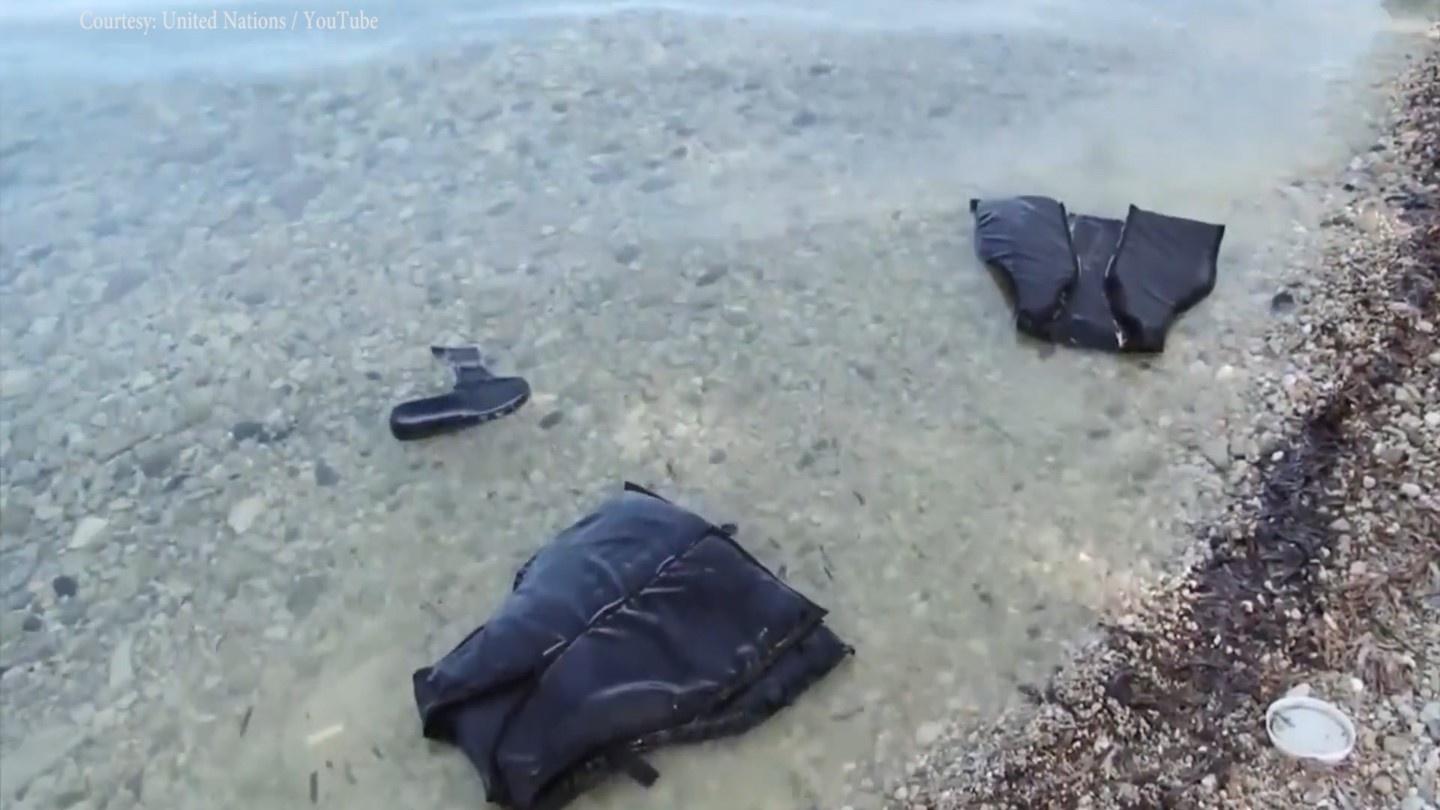ALLENTOWN, PA - "America is for everybody…"
Kibrom Tesfu is a refugee.
"Refugee people, the one they come from asylum, they’re hard workers and they’re peaceful people," says Tesfu, "They don’t do nothing in the country. They’re going by the law and they pay their taxes, they follow the rules. They are very good people because they know how they pass their life."
Unlike countless still in his home country of Eritrea, Tesfu now calls the United States, and Whitehall, Pennsylvania, home. Like many asylum seekers from the African country that shares a border with Ethiopia, Tesfu was fleeing exploitation by smugglers, traffickers and the Libyan slave market that places people in detention, torture and forced labor. Today, Tesfu is married, has two children; one five and the other three years old, that he tries to teach about the hardships of life back home and the opportunities they have now...
"They’re very little, but the five years, he understood. They saw it and, “daddy, is that your country? What’s happening there?” And he saw a lot of dead people and a lot of war and he scared and I don’t want to show him a lot but I give him some information. He didn’t like it," Tesfu tells PBS39 News Tonight Reporter, K.C. Lopez, "America is the land of peace. If Americans, I don’t know--I hope, American people understand that… "
When he arrived in Pennsylvania on September 15th, 2011, he was one of 351 refugees coming to the state in that month alone. Compared to the 130 refugees that the Pennsylvania Refugee Resettlement Program says, were admitted into the state last September.
Kibrom is just one refugee who has been able to resettle in the states and call Pennsylvania home. But the U.S. is ending its role as the global leader in accepting refugees; slashing the number of admitted refugees from 30,000 to 18,000; the lower allowed in a single year since 1980.
"I’ve been working with refugees since 2000 so i remember when September 11th happened and there was a huge cut at that time because they had to revamp the vetting process and everything at that time," says Marla Sell, "While it’s disheartening it just makes us kind of want to fight harder and also be there to support the people that do come."
Marla Sell is a resettlement coordinator for Bethany Christian Services; a global non-profit that partners with local churches, volunteers and services to help refugees transition into American life.
"The language is difficult. People are always worried when they come about finding a job. Finding a job is less difficult, sometimes transportation is what’s difficult depending where they’re living," Sell explains, "Refugees come in with legal status already so they’re already able to get their social security card, they’re able to work right away. If they chose they can go and take the test for their drivers license and are able to do all of the things that Americans can do when they—kind of right when they come."
A Pew Research Study released this month found that in recent years, Americans have been divided over whether the U.S. should accept refugees; with heavy differences by political party affiliation. Their May 2018 survey found that half (51%) of Americans said the U.S. has a responsibility to accept refugees into the country, while 43% said it does not. With about three-quarters (74%) of Democrats and Democratic leaning independents saying the U.S. has this responsibility, compared to 26% of Republican and Republican leaners.
But for most of the 20th Century, Americans have consistently disapproved of admitting large numbers of foreigners fleeing war and oppression; regardless of political affiliation.
"I think it’s everyone’s job," says Sell, " I mean we have the largest number of refugees worldwide so you know everyone has to kind of step in and do their part."
With the highest levels of refugees since World War II and nearly a million backlogged pending asylum cases in U.S. immigration courts right now, the future of the U.S. refugee program is unclear. But for refugees like Tesfu who have found safety, a job as a refugee caseworker and a new home country, one thing about the current refugee crisis however, is crystal clear...
"They stay by hope," he says, " But after that, when they hear that they pass this law, many people will escape the camps through the Mediterranean Sea and they die in the Sea. That depends up to you; there is a lot of opportunity [in America] you can go to school. I know we have a barrier of language, but it [doesn’t] matter in America. Whether you talk or not, they give you a chance. A lot of chances in the United States…."




